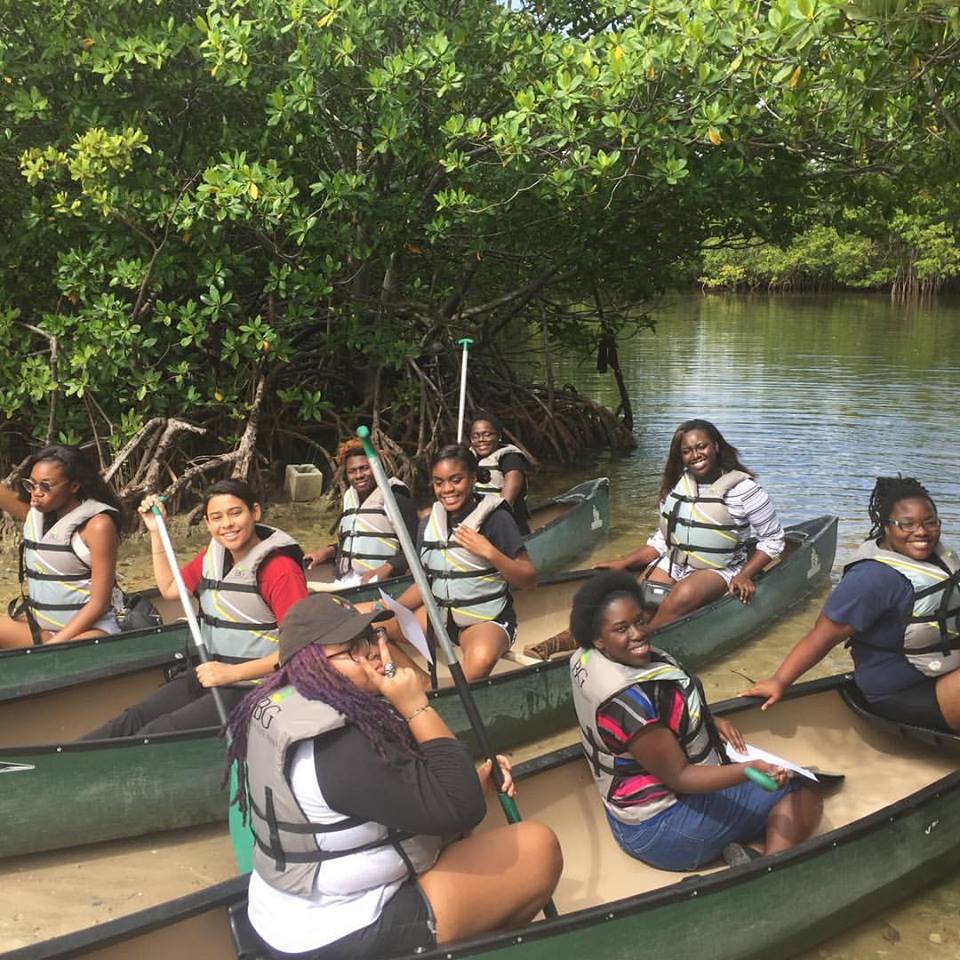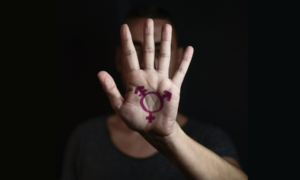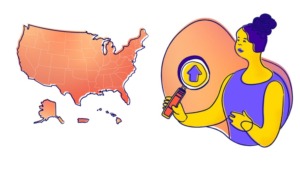Last month, a group of girls at a juvenile detention center in the Bronx sat in a discussion circle with a teaching artist and a social worker. After a series of circle meetings, the girls at Horizon Juvenile Center in New York City had created vision boards, collages in which they envisioned their life five years from now.
The group was initiated by S.O.U.L. Sisters Leadership Collective, a nonprofit that works to empower black girls who are “most impacted by oppression.” The organization — which serves girls in New York City and Miami with a budget of $200,000 — creates space for girls to express themselves and examine their lives in the context of larger social issues.
“We ask them where they are, and we meet them where they are,” said Jamy Drapeza, New York City program coordinator.
Young women of color face great adversity, according to the organization.
Black girls encounter significant bias starting as young as 5 years old, according to a June report from Georgetown Law Center. They’re “adultified” and seen as less innocent and less in need of protection than their white peers, according to “Girlhood Interrupted: The Erasure of Black Girls’ Childhood.”
The report said such bias leads to harsher school discipline for black girls and harsher penalties in juvenile court.
It’s not news to Drapeza. S.O.U.L. Sisters works to counter the impact of stereotypes in the lives of black girls. Many of the girls are in the child welfare system or juvenile justice system.

.
S.O.U.L. Sisters’ branches in New York City and Miami offer free out-of-school-time workshops in which girls:
- think carefully about social issues
- express themselves through various arts
- attend to their own healing and
- gain leadership skills through teamwork, relationship with a mentor and social action internships.
For example, they may explore who has power in society and who doesn’t by using spoken word, theater, film or photography. Their exploration usually culminates in an arts-based action project.
This spring, Drapeza also took after-school workshops to Passages Academy, which serves kids in the New York City child welfare system.
“All our programs start with circle practices,” she said. Girls gather in a circle and create an agreement with guidelines for working together.
The organization uses the methods of educator Paolo Friere, eliciting what the girls want in the program and seeking to support them.
S.O.U.L. Sisters also has a Youth Leadership Board that helps run workshops, plan for the organization and spearhead actions in their communities.
Nine girls in Miami recently took part in a Youth Leadership Board retreat, where they worked on a new vision and mission statement for the organization.
In addition, S.O.U.L. Sisters provides training to youth workers in New York City and Miami in its methods of gender-responsive programming, trauma-informed practice and restorative justice.
To address the problems in how black girls are treated, the organization works with girls who have “lived and breathed inequality,” according to the organization’s website, offering them a path to leadership to transform their communities.






























